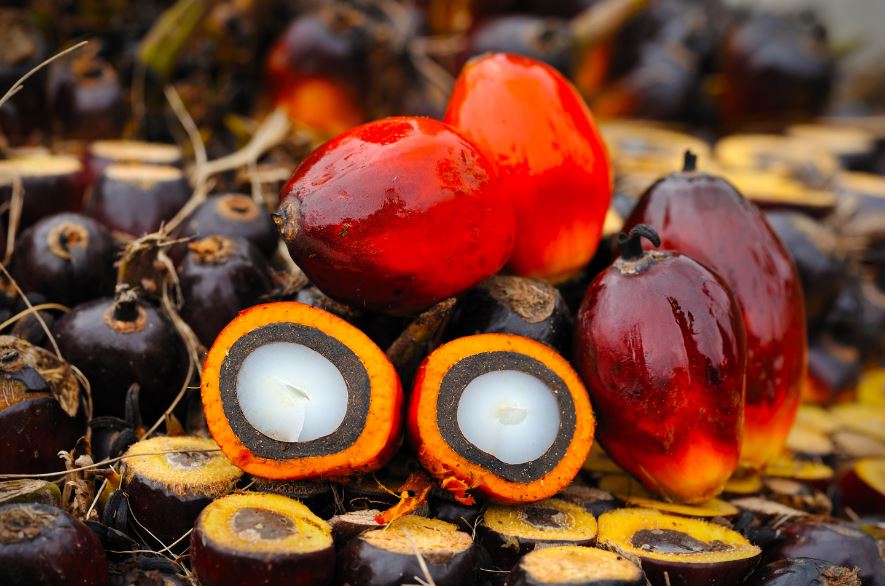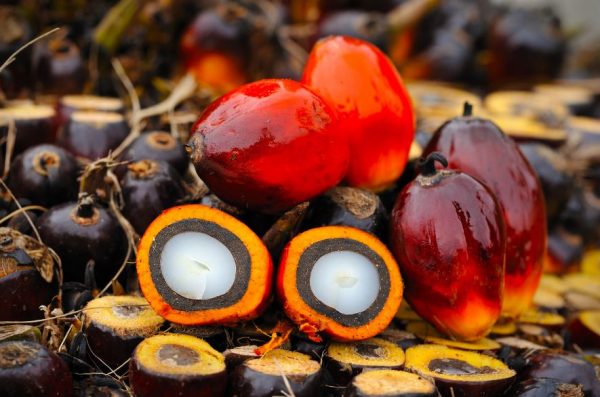For much of the first half of the twentieth century, ships laden with oil palm seeds would dock at the port in Singapore. The merchandise they bore were an exotic necessity, obtained from farms on the coast of West Africa. At that time, the region accounted for much of the world’s oil palm produce output; Nigeria contributed up to 75 percent of this. The countries which were close to Singapore had to depend upon oil palm products shipped to them from it.
Fast forward several decades later, and we have a startlingly different picture. Malaysia is now the world’s second largest producer of the commodity. It, together with its neighbor Indonesia, accounts for more oil palm produce than the entire African continent. Nigeria, once the leading contributor to global output, struggles under the weight of economic constraints, with stories of failed attempts by a series of administrations to revamp the sector dominating the narrative of its involvement with oil palm over the past three decades or so. In fact, it spends hundreds of millions of dollars on the importation of palm produce, in order to make up for a gap in local supply.
A company headquartered in the city whose ports received the seeds of South East Asia’s oil palm revolution from Nigeria, now says it wants to help make oil production in its “homeland” bigger. PZ Wilmar, one of Asia’s leading Agri-business companies signed a Memorandum of Understanding with the Nigerian Institute for Oil Palm Research early in September to help bring local producers up to speed with modern production processes and improve the country’s oil palm Research and Development capacity. According to Audu Ogbeh, Nigeria’s Minister for Agriculture and Rural Development, the deal should bring about higher yields and productivity, and aid the expansion of the nation’s economy. Kola Jamodu, chairman of PZ Wilmar, said that the company was already working in three locations in the country, and was expecting its first set of fruits to be harvested soon. Information available on the Singaporean group’s website suggests that it has a plan to plant two million oil palm seeds across Nigeria.
Palm oil consumption in Nigeria in 2015 was estimated to be over 1.2 million metric tons; however, it produces less than a million tonnes per annum. The supply deficit which this represents has been filled by imports. These days, Nigeria can barely afford to spend more money on imports, so attention has shifted to local production. This partly explains the eagerness of the government to enter into an agreement of the kind it did with PZ Wilmar.
Beyond the proclaimed intention of building local production capacity, there is a sense in which this commitment by PZ Wilmar points to an underlying potential for Nigeria’s agricultural sector. The company’s decision makers still see a future for oil palm production in the country which presents brighter prospects than what it does today. They have staked a great deal going forward ($650 million worth of Foreign Direct Investment) in an economy which at the moment isn’t really in the best shape. Altruism does not totally account for this; a growing population provides an ever-present market, and the perceived nod of the government in the direction of “regaining the leading position in international oil palm produce and trade” (as NIFOR’s mission statement reads) may be incentives the group finds too difficult to ignore.
Both parties will be expecting that a resurgent Nigerian economy in the near future will have what it takes to make the agreement worthwhile in the end.


